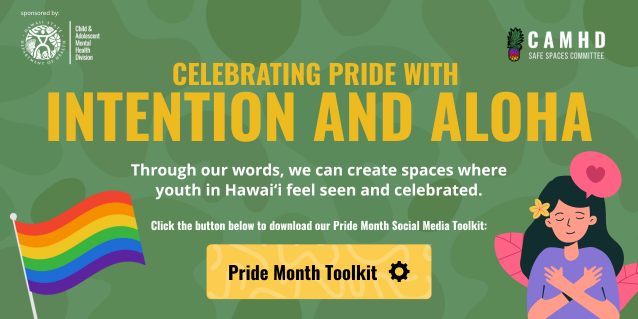
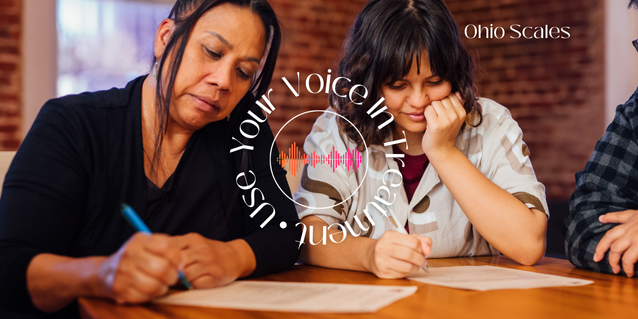
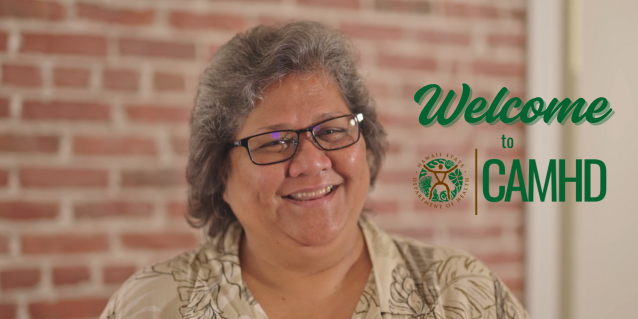

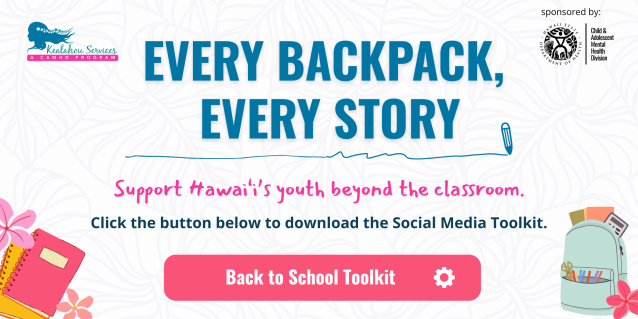
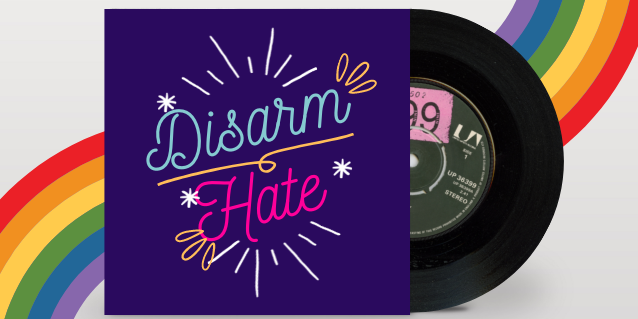
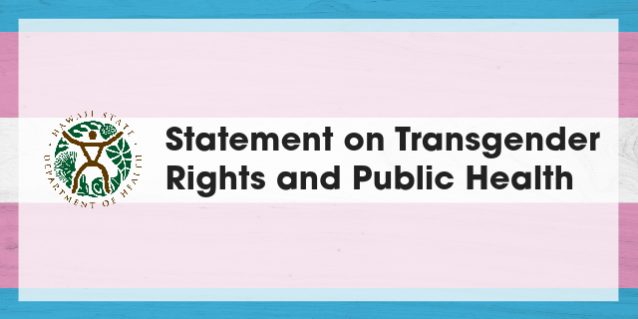
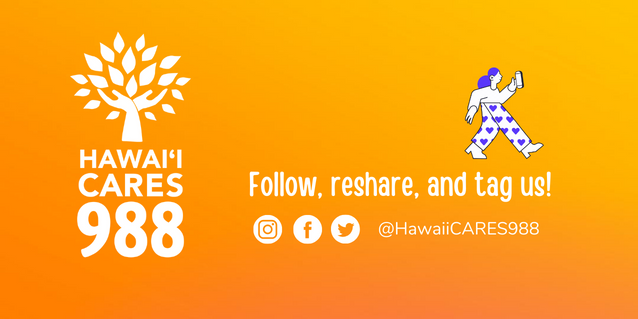
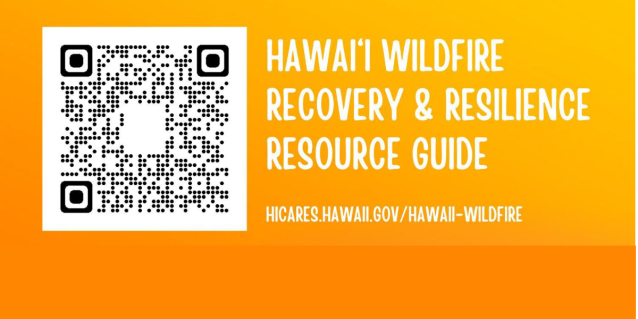
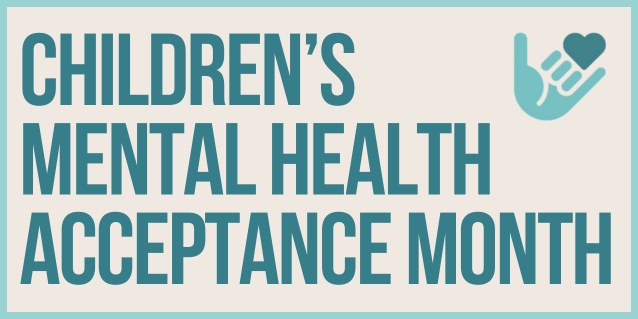
Human Trafficking Awareness & Resources
Commercial Sexual Exploitation of Children (also known as CSEC or child sex trafficking) has been a growing issue in Hawaiʻi and throughout the United States. CSEC refers to a “range of crimes and activities involving the sexual abuse or exploitation of a child for the financial benefit of any person or in exchange for anything of value (including monetary and non-monetary benefits) given or received by any person” (OJJDP). Commercially sexually exploited youth are at high risk for mental health issues, including post-traumatic stress disorder, depression, anxiety, substance abuse and suicidality. It has become critical to increase awareness of CSEC and address related issues that impact exploited children and youth. The Child & Adolescent Mental Health Division (CAMHD) is committed to helping survivors of CSEC obtain resources to help them heal and thrive.
Hotlines
Local Resources
National Resources
Training Resources
Crisis Support Resources
Last reviewed on November 20, 2025
